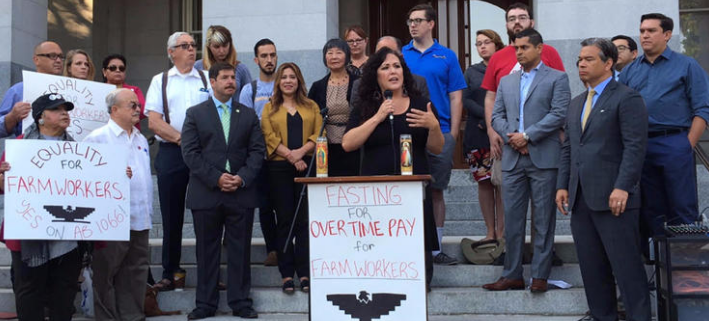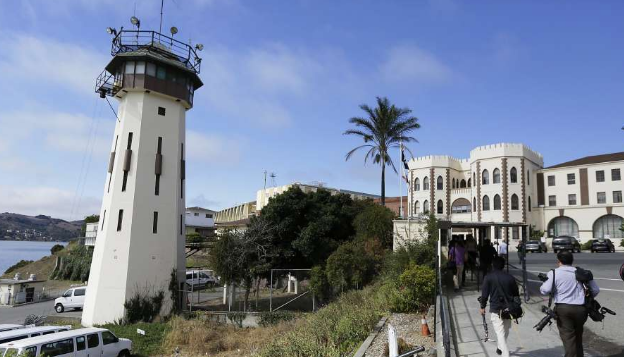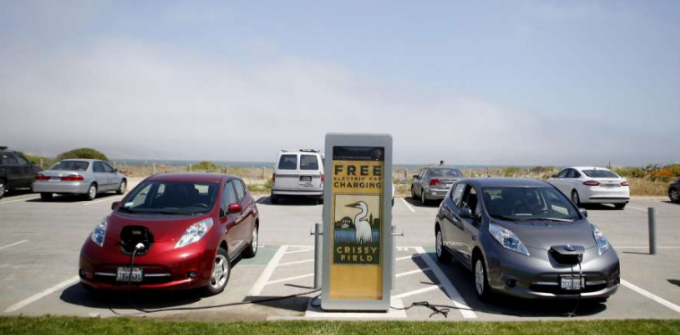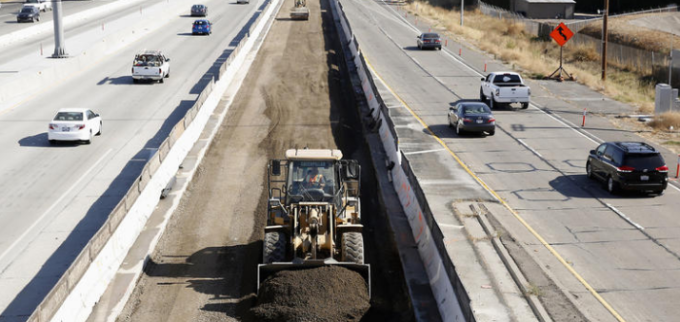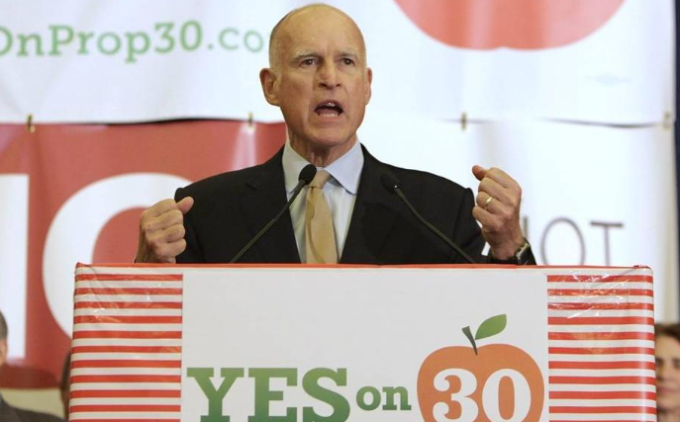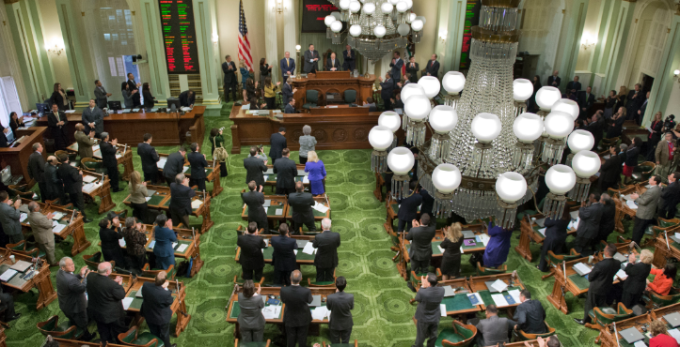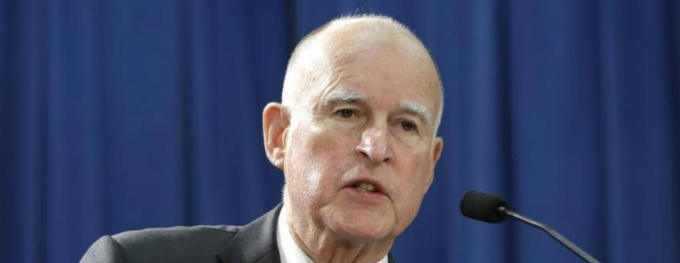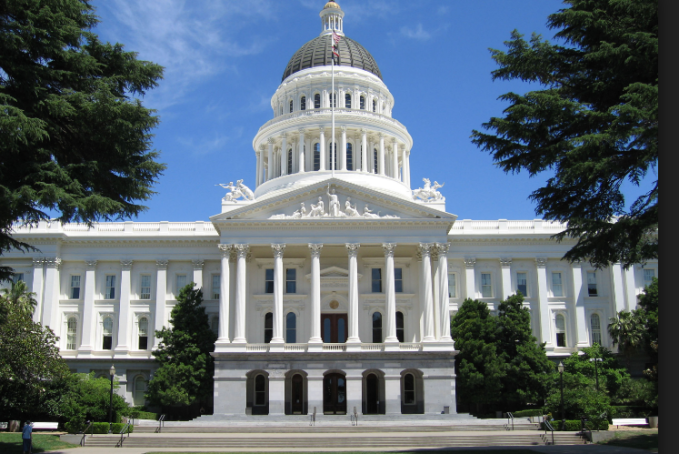
By Chris Micheli
California has over 200 State agencies, departments, boards, and commissions that make public policy through their authority to adopt regulations. A list of State agencies that have adopted regulations can be found on the website of California’s Office of Administrative Law (OAL). OAL’s website also provides direct access to the California Code of Regulations (CCR), which is organized under various subject matter titles, of which there are 28 titles.
California’s Administrative Procedure Act (APA) contains required procedures for rule-making and administrative hearings conducted by all of these agencies and departments. The APA is found at Chapter 3.5, 4 and 5 commencing with Section 11340 of Part 1 of Division 3 of Title 2 of the Government Code. In addition, there are regulations governing the APA found at CCR Title 1, Sections 1 – 120. The OAL’s website includes checklists used by OAL to review regulations, as well as their publications including California Rulemaking Law under the Administrative Procedure Act.
Generally speaking, the authority of State agencies and departments to adopt policy (i.e., rulemaking) is defined and restricted by the authorizing statute. Statutes usually prescribe each agency’s authority to adopt policy; and, it is an established principle of administrative law that an agency cannot exceed its legally-prescribed authority to regulate. On the other hand, many statutes confer broad powers to some state agencies regarding matters that directly affect the general public.
There are opportunities for interested parties to be informed, observe and participate in rulemaking activities of State agencies and departments. In particular, interested parties have significant access to the rulemaking activities of state agencies by virtue of the APA. For example, every state agency is required to annually adopt a “rulemaking calendar” that is published on their website. Moreover, agencies establish interested parties mailing lists for notices of rulemaking activities by that agency or department.
California law requires every State agency to satisfy the basic minimum procedural requirements established by the APA for the adoption, amendment or repeal of a regulation, unless the agency is expressly exempted by statute. According to the OAL, “California courts have long recognized that under the Constitution the Legislature may by statute delegate quasi-legislative powers to a state agency in the executive branch, so long as adequate standards are provided to guide the agency.”
The agency develops four required documents during the preliminary activity stage which are needed to initiate the formal rulemaking process: the express terms of the proposed regulation (i.e., the proposed text), the initial statement of reasons, the fiscal impact statement, and the notice of proposed rulemaking. These documents are initially filed with the OAL and then published by the agency.
Next begins the 45-day opportunity to submit written, faxed or e-mail comments on all or any part of a proposed rulemaking when the notice of proposed rulemaking is published in the California Regulatory Notice Register. The notice of proposed rulemaking is also mailed to interested parties and is posted on the rulemaking agency’s website.
According to the OAL, “a regulation must be easily understandable, have a rationale, and be the least burdensome, effective alternative. A regulation cannot alter, amend, enlarge, or restrict a statute, or be inconsistent or in conflict with a statute. “
Under the APA, an agency has an option as to whether it wishes to hold a public hearing on a proposed rulemaking. However, if an agency does not schedule a public hearing, and any interested person submits a written request for one within 15 days prior to the close of the written comment period, then the agency must hold a public hearing. Because of this requirement, an agency usually schedules a public hearing at the outset.
The APA requires a rulemaking agency to consider all relevant information presented to it during the comment period before adopting, amending or repealing the regulation. After the initial public comment period, the agency will often decide to change its initial proposal either in response to public comments or on its own.
Before a rulemaking agency adopts regulatory changes, it must mail a notice of opportunity to comment on those proposed changes along with a copy of the text of the proposed changes to each person who has submitted written comments on the proposal, testified at the public hearing, or asked to receive a notice of proposed modification. The agency must also post the notice on its website.
A rulemaking agency must summarize and respond on the record to timely filed comments. The summary and response to comments demonstrate that the agency has considered all relevant material presented to it before adopting, amending or repealing a regulation. An agency may respond to a comment in one of two ways. According to the OAL, “the agency must either (1) explain how it has amended the proposal to accommodate the comment or (2) explain the reasons for making no change to the proposal. An agency’s summary and response to comments are included as part of the final statement of reasons.”
Thereafter, the agency must transmit its rulemaking file to OAL for review within a year from the date that the notice of proposed rulemaking action was published in the CRNR. OAL then has 30 working days in which to review the rulemaking record to determine whether it demonstrates that the rulemaking agency satisfied the procedural requirements of the APA.
Specifically, the OAL reviews the rulemaking file for compliance with the six standards of review: Authority, Reference, Consistency, Clarity, Nonduplication, and Necessity. OAL may not substitute its judgment for that of the rulemaking agency with regard to the substantive content of the regulations.
California’s rulemaking process is set forth in the APA and accompanying regulations promulgated by the OAL. There are numerous instances along the way that interested parties can participate in the rulemaking process including pre- and post-formal activities. For example, parties can meet with state agency staff prior to a regulatory project commencing to provide input before the agency staff begins drafting any regulatory changes. Many agencies and departments utilize an “interested parties process” to review draft rulemaking projects prior to commencement of the formal OAL process.
Even after the agency or department has completed the rulemaking process, there are opportunities to be involved such as with the OAL review, appeal to the Governor’s Office, or even challenging the rulemaking in court. As such, the rulemaking process is relatively transparent in California and affords consideration of the comments of interested parties.
Chris Micheli is an attorney and lobbyist with the Sacramento governmental relations firm of Aprea & Micheli, Inc.
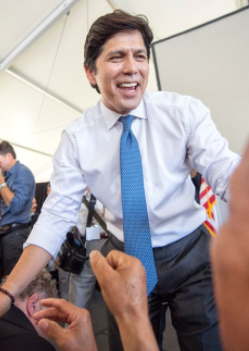 Senate Leader Kevin de León is a good guy, but he’s working on a bad idea.
Senate Leader Kevin de León is a good guy, but he’s working on a bad idea.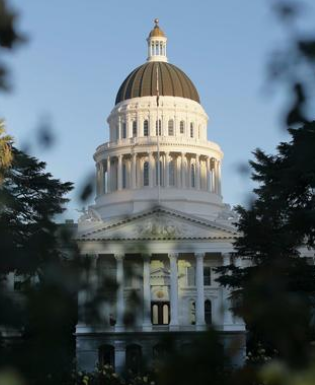 By Chris Micheli
By Chris Micheli

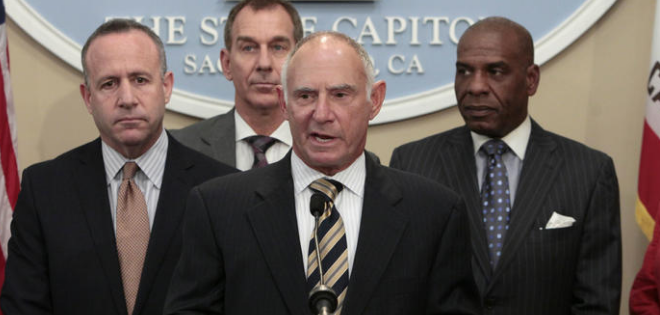



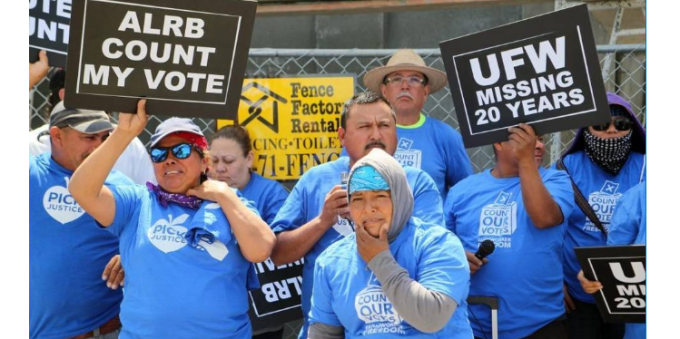



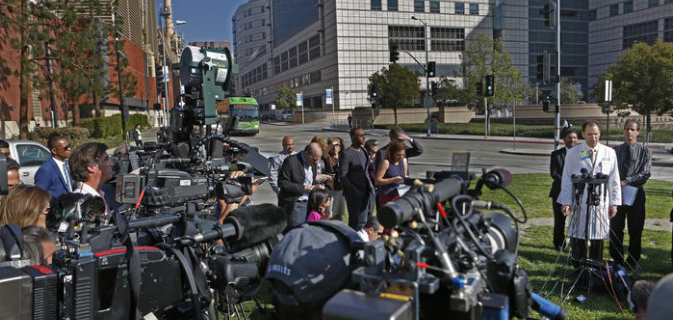




 True, but he hapless 2nd Amendment advocates in California have left the national organization with little or no choice. Spend millions and lose, or spend nothing and lose.
True, but he hapless 2nd Amendment advocates in California have left the national organization with little or no choice. Spend millions and lose, or spend nothing and lose.

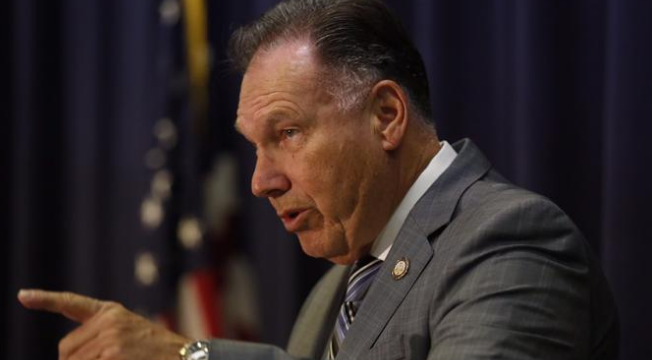
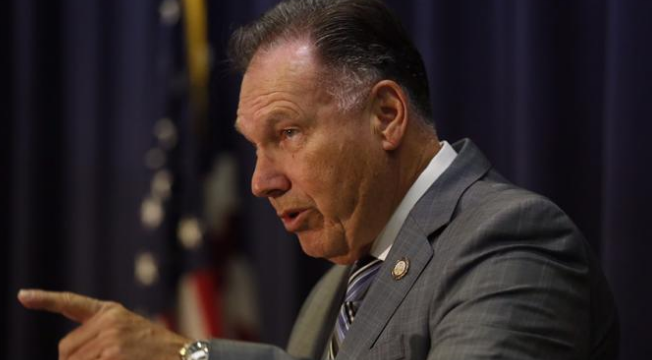

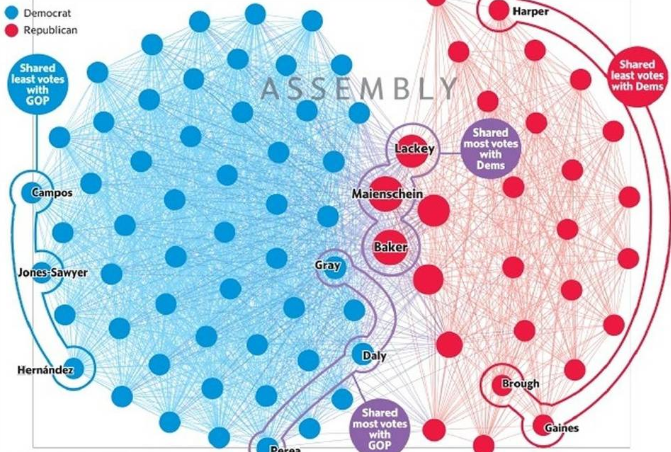





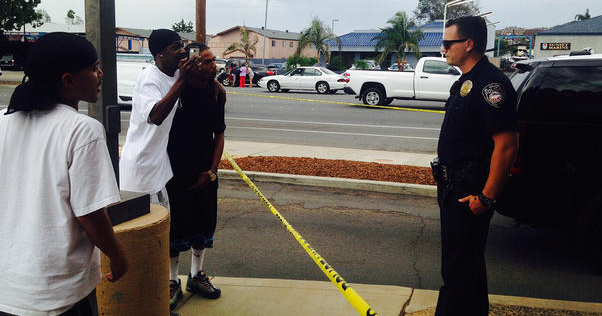



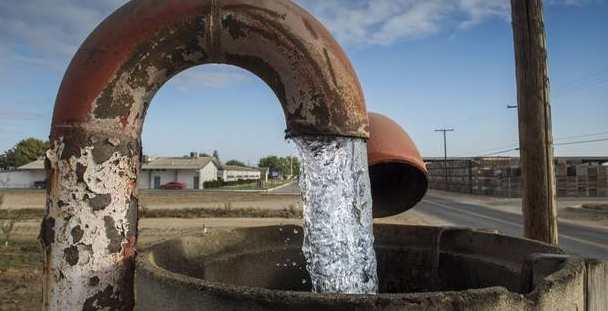

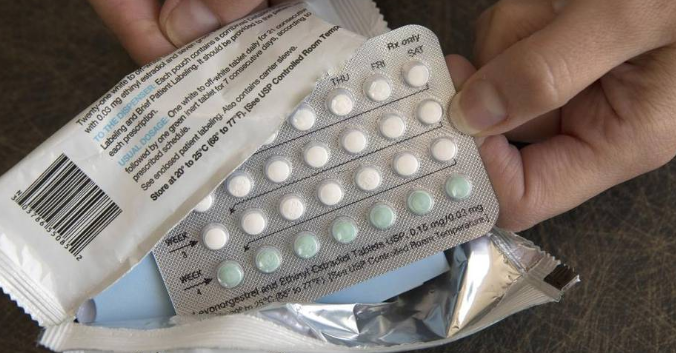



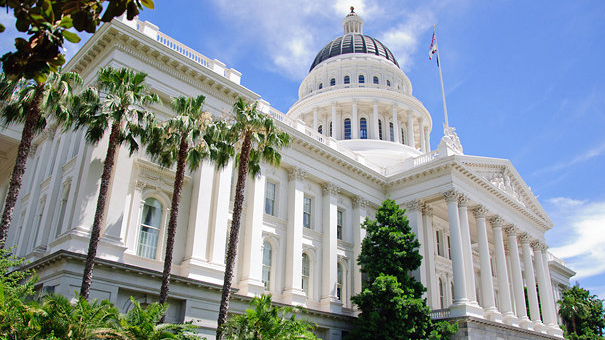




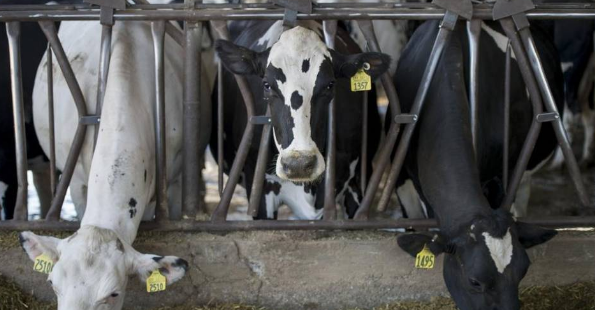
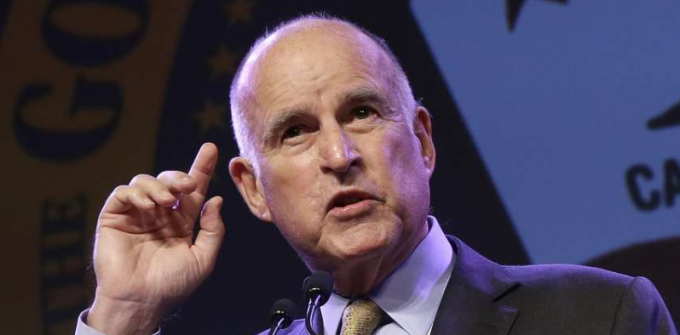
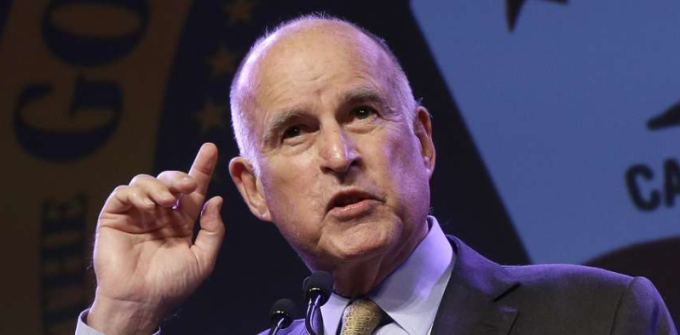

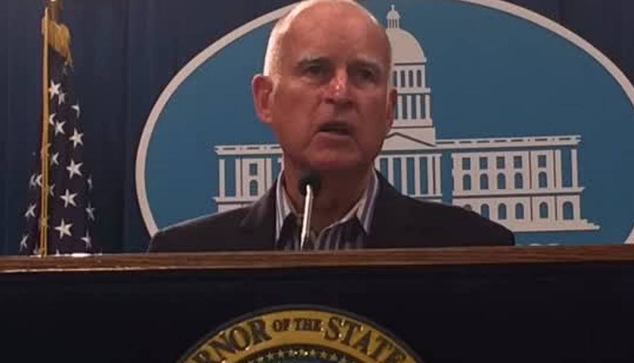



















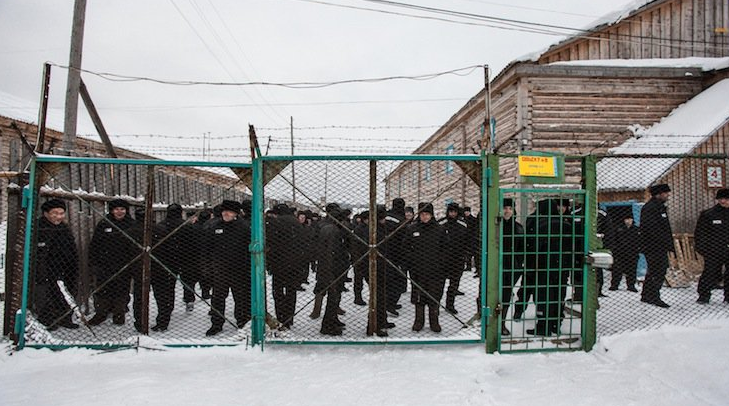





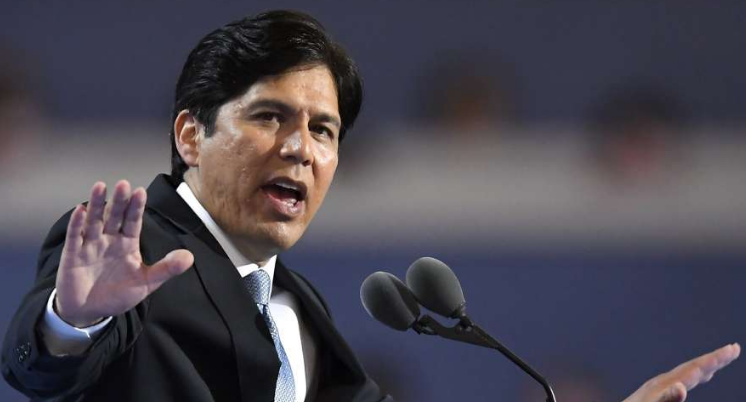



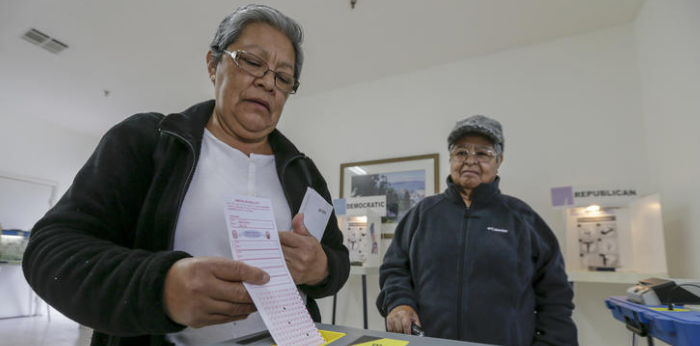

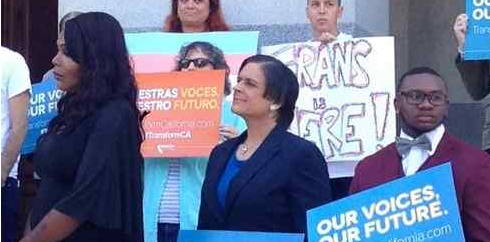


 However thanks to incompetent advocacy efforts from hapless 2nd Amendment organizations, current legislative session has bristled with measures to make gun ownership by Californians more difficult and/or more expensive, and Lt. Gov. Gavin Newsom is sponsoring a ballot measure that would go even further.
However thanks to incompetent advocacy efforts from hapless 2nd Amendment organizations, current legislative session has bristled with measures to make gun ownership by Californians more difficult and/or more expensive, and Lt. Gov. Gavin Newsom is sponsoring a ballot measure that would go even further.
